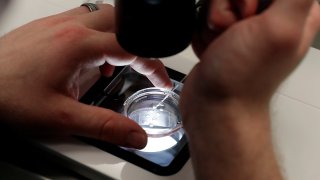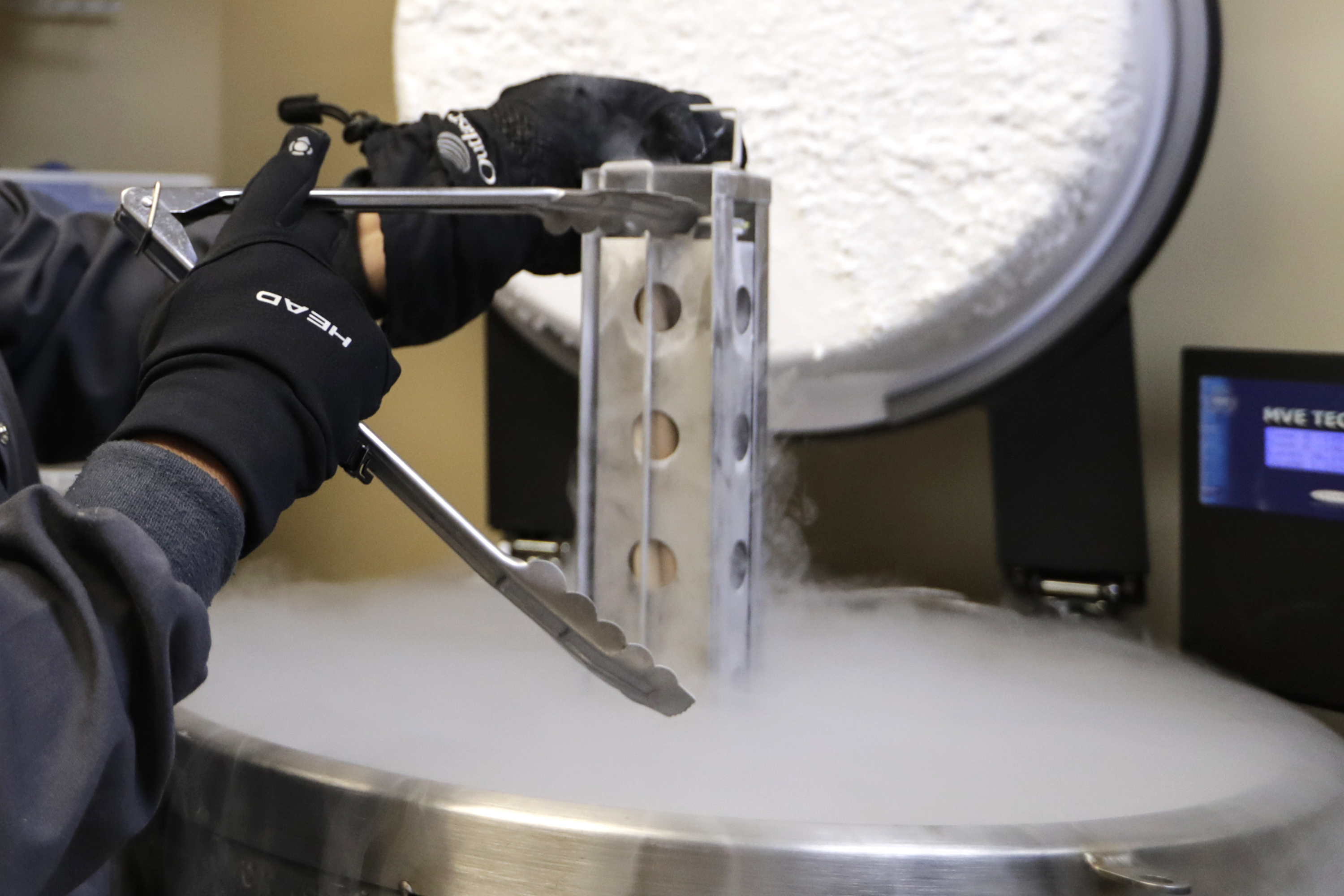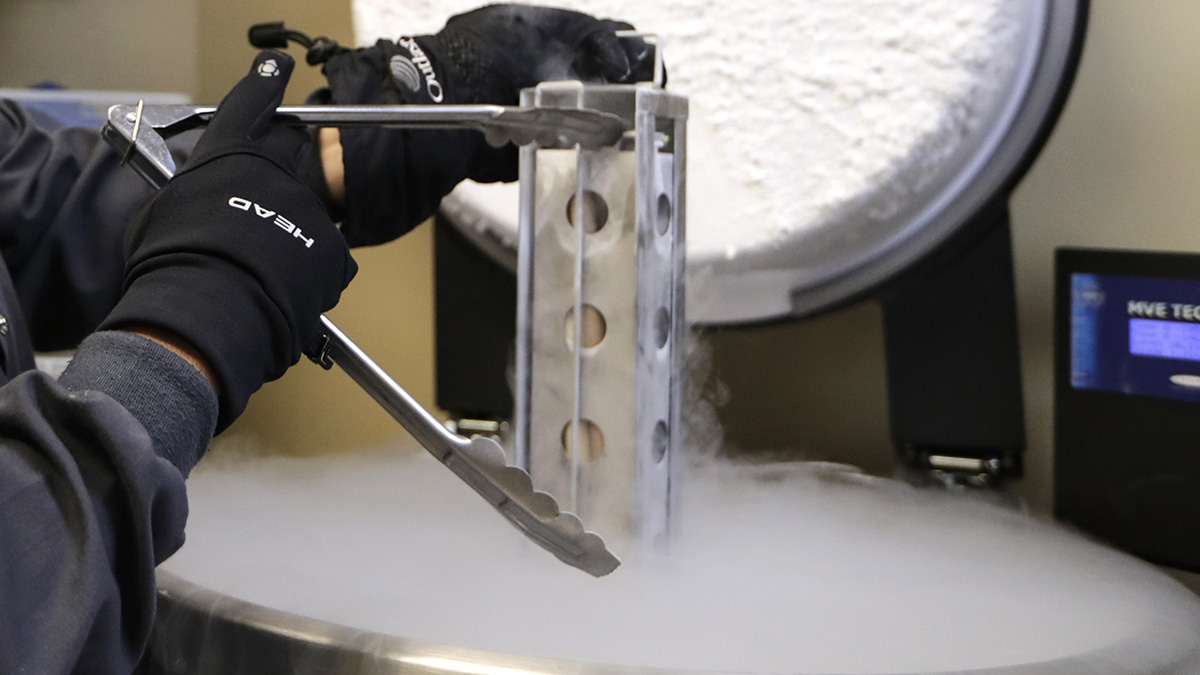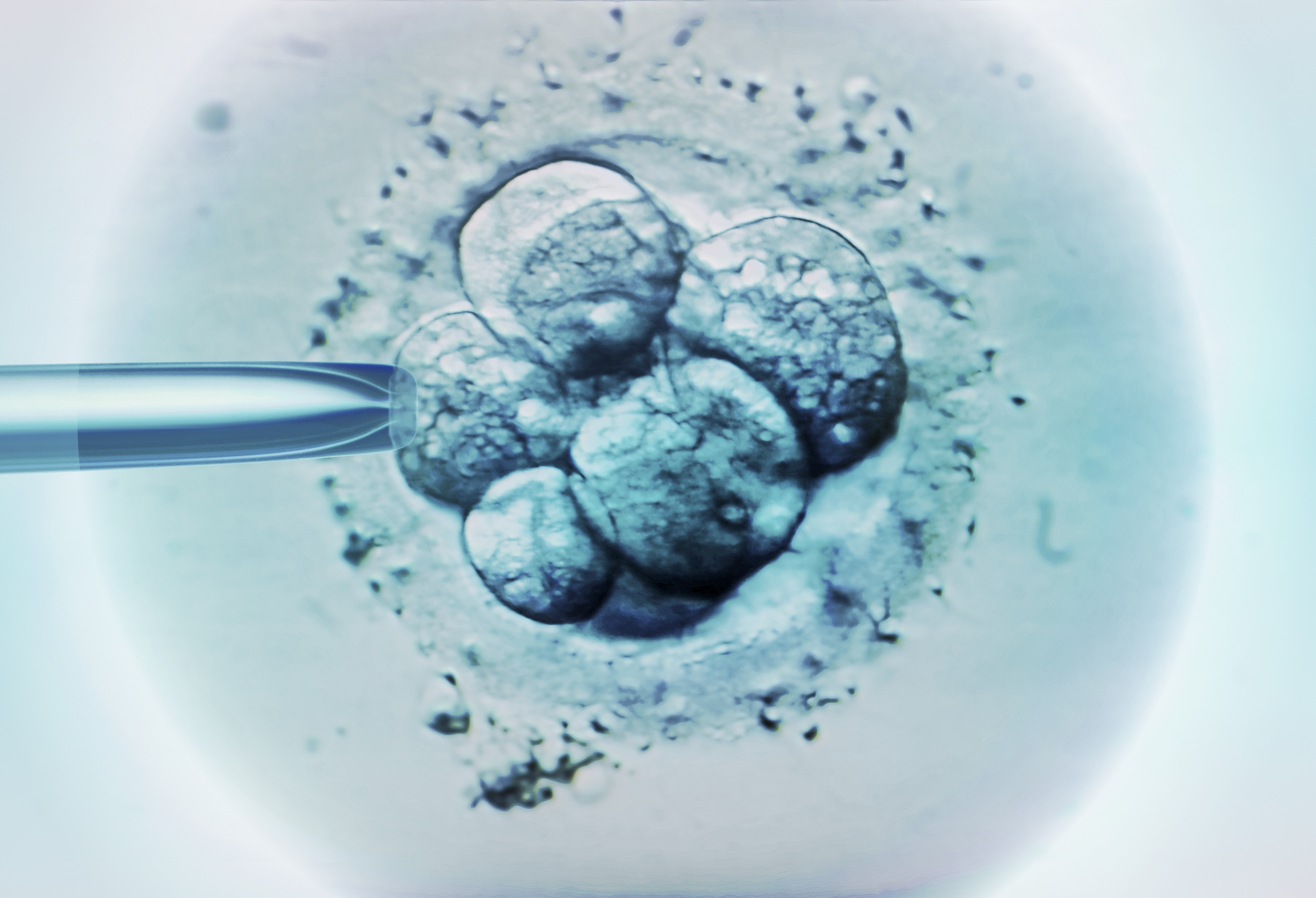
At least one clinic in Alabama has resumed in vitro fertilization treatments after the governor signed a bill into law shielding providers from potential legal liability raised by a court ruling that equated frozen embryos to children.
Alabama Fertility Specialists performed several embryo transfers Thursday, news outlets reported.
Alabama Fertility was among three clinics that paused the procedures after the Alabama Supreme Court ruled last month that three couples whose frozen embryos were destroyed in an accident at a storage facility could pursue wrongful death lawsuits for their “extrauterine children.” The ruling, treating an embryo the same as a child or gestating fetus under the wrongful death statute, raised concerns about civil liabilities for clinics.
The new law, which took effect immediately upon signing Wednesday night, shields providers from prosecution and civil lawsuits “for the damage to or death of an embryo” during IVF services.
Get Tri-state area news delivered to your inbox. Sign up for NBC New York's News Headlines newsletter.
Hannah Miles, 29, will be able to proceed with an embryo transfer on March 19, in the hopes of having her first child.
“Relieved, grateful,” Miles said of learning that IVF treatments were proceeding. “I’m grateful for the Alabama Legislature listening to us. I know we really didn’t give them a choice.”
Miles and her husband have one frozen embryo remaining after a January transfer didn’t take. She had already been taking medicine for weeks to prepare her body. Then court ruling put in question if that scheduled transfer could go forward.
“I was choosing to kind of live day-by-day. That’s pretty much what you do with IVF. I was more mad than anything. This has been hard enough. How dare y’all make this harder,” she said of the court ruling.
The University of Alabama at Birmingham said in a statement Thursday that it was “working to get patients scheduled or rescheduled for treatments as soon as possible," but did not say exactly when that would be. A spokeswoman did not immediately respond to an email Friday.
“Patients whose health circumstances or phase of treatment requires greater urgency will be scheduled first,” the statement said.
The Center for Reproductive Medicine in Mobile said in a statement that it would not reopen until it had legal clarity “on the extent of the immunity” the new state law provided.
“At this time, we believe the law falls short of addressing the fertilized eggs currently stored across the state and leaves challenges for physicians and fertility clinics trying to help deserving families have children of their own,” the statement said.
The center was a defendant in wrongful death lawsuits the Alabama Supreme Court considered in its IVF ruling last month.




